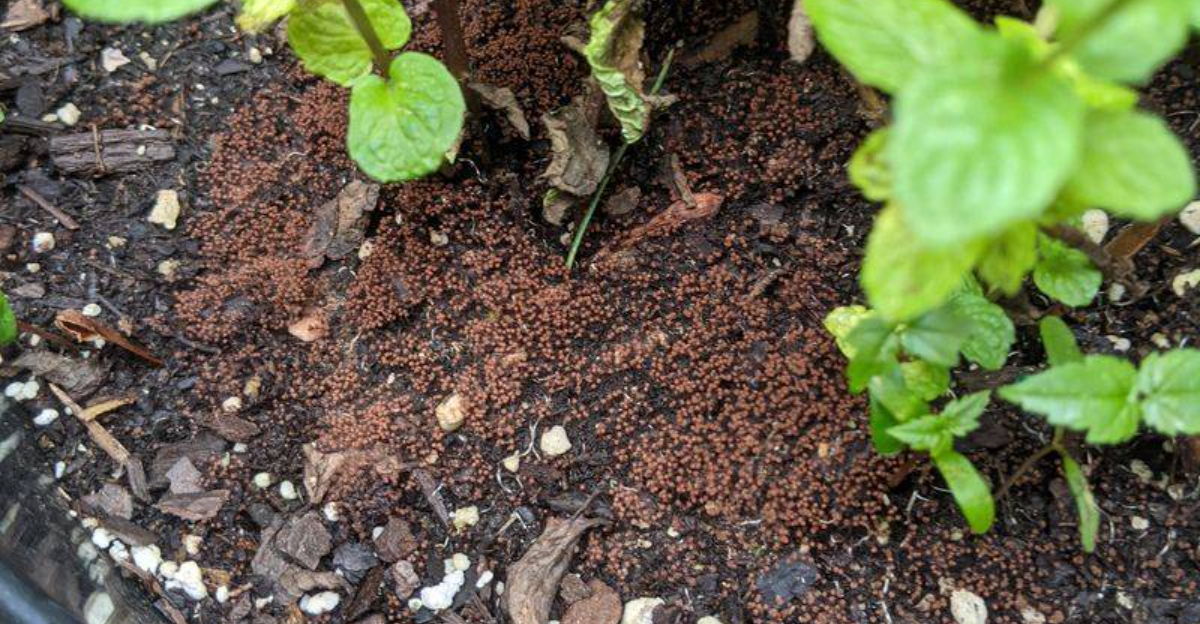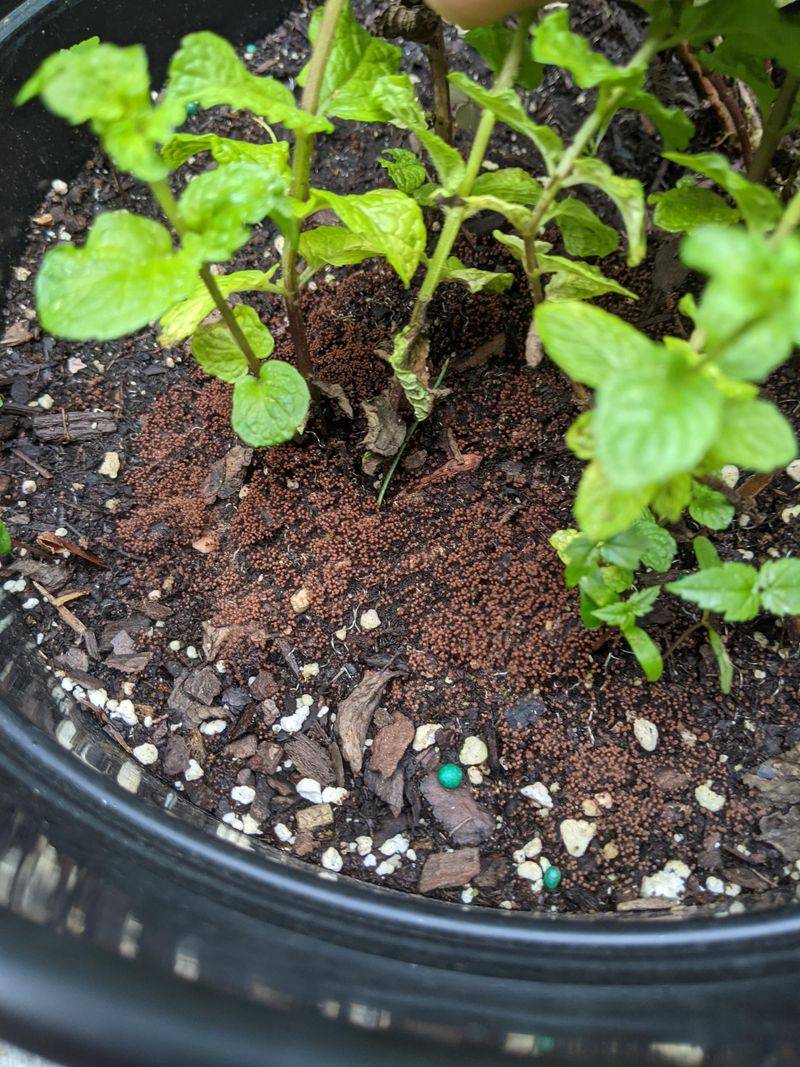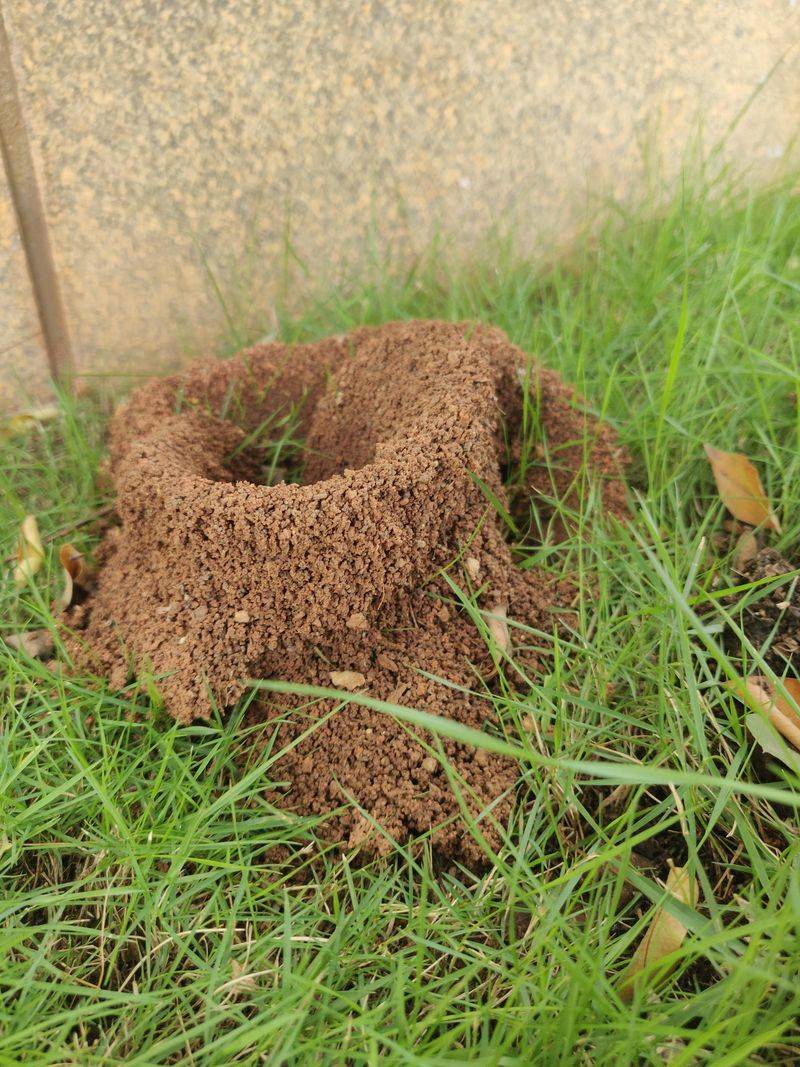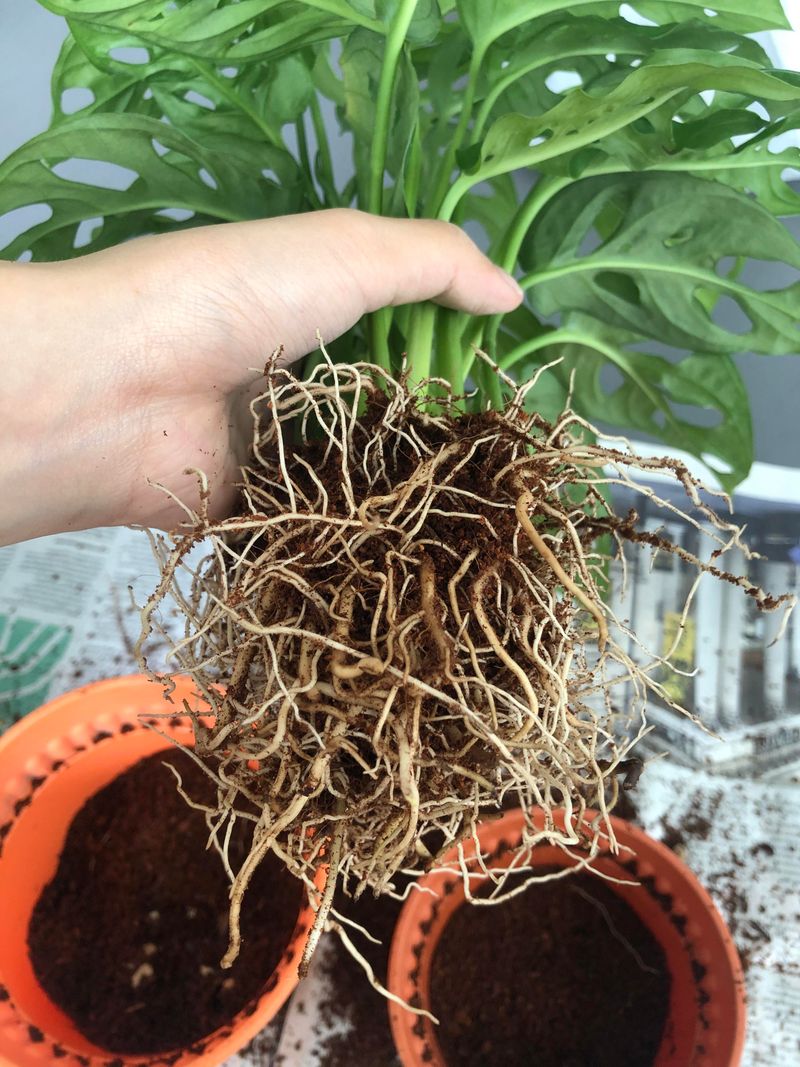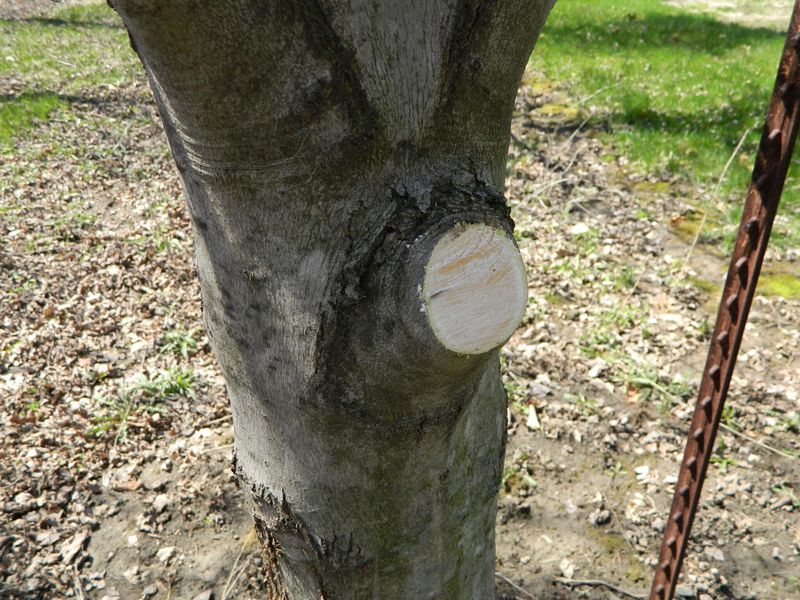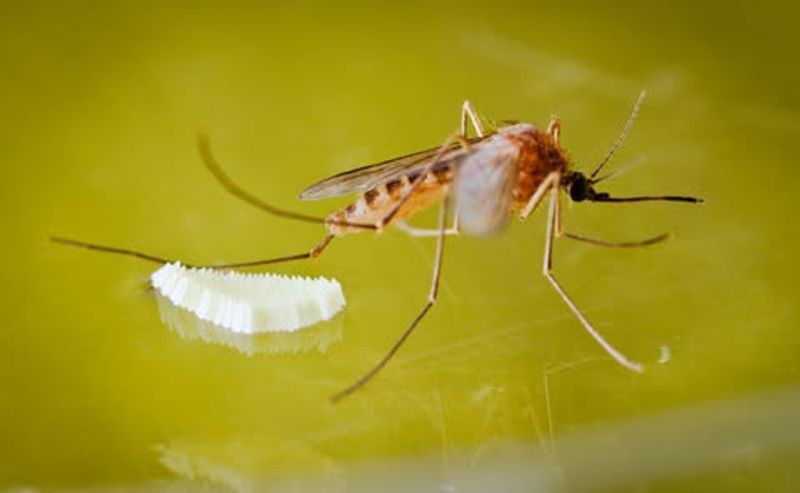Texas gardeners are discovering a surprising kitchen spice that could transform their winter soil. Cinnamon, the warm spice you sprinkle on toast, is becoming a popular addition to December gardens across the Lone Star State.
Homeowners are finding that this simple pantry staple offers incredible benefits for their plants and soil during the cooler months.
1. Natural Fungus Fighter
Fungal diseases love the damp, cool conditions that December brings to Texas gardens. Cinnamon contains natural compounds that stop fungus from spreading in your soil and on young seedlings.
Sprinkling a light layer around plant bases creates a protective barrier. Many gardeners dust their seeds with cinnamon before planting to prevent damping-off disease.
This affordable solution beats expensive chemical fungicides while keeping your garden safe for pets and kids who play nearby.
2. Ant Deterrent That Works
Fire ants remain active during mild Texas winters, invading garden beds and disrupting root systems. Cinnamon disrupts their scent trails and creates an unpleasant barrier they refuse to cross.
Spreading cinnamon around problem areas sends ants searching for easier territory. The spice won’t harm beneficial insects like ladybugs or bees, making it an eco-friendly choice.
Reapply after heavy rain to maintain effectiveness throughout December and into the new year when ant activity picks back up.
3. Root Health Booster
Strong roots make strong plants, especially important for winter vegetables and transplants. Cinnamon contains antioxidants that encourage healthy root development and protect against root rot.
Mixing a teaspoon into the soil when transplanting seedlings gives them a healthier start. The antimicrobial properties keep harmful bacteria away from delicate root systems.
December plantings of lettuce, spinach, and cool-season flowers particularly benefit from this treatment, establishing faster in unpredictable Texas weather.
4. Wound Healing For Pruned Plants
December pruning season leaves plants vulnerable to infection through fresh cuts. Cinnamon acts like a natural bandage, sealing wounds and preventing disease entry.
Dusting pruned branches with cinnamon powder immediately after cutting creates a protective seal. The antiseptic qualities reduce the risk of bacterial or fungal invasion during healing.
Fruit trees, roses, and shrubs all benefit from this simple step. Professional orchardists have used this technique for generations to protect valuable plants without synthetic chemicals.
5. Mosquito Larvae Eliminator
Standing water in saucers and low garden spots can breed mosquitoes even during Texas winters. Cinnamon oil destroys mosquito larvae before they mature into biting adults.
A pinch of ground cinnamon in bird baths or plant saucers stops larvae development within hours. Unlike chemical larvicides, cinnamon remains safe for birds, butterflies, and other garden visitors.
With mild December temperatures keeping some mosquitoes active, this prevention method protects your outdoor spaces naturally and inexpensively throughout the season.
6. Seedling Damping-Off Prevention
Gardeners starting seeds indoors for spring often lose seedlings to damping-off, a fungal disease that strikes overnight. Cinnamon prevents this heartbreaking problem effectively.
Lightly dusting seed-starting mix with cinnamon before planting creates antifungal protection. The spice keeps soil surfaces dry and hostile to the fungi that cause seedling collapse.
December is prime time for starting tomatoes, peppers, and flowers indoors for Texas spring gardens, making this prevention technique absolutely essential for successful germination rates.

